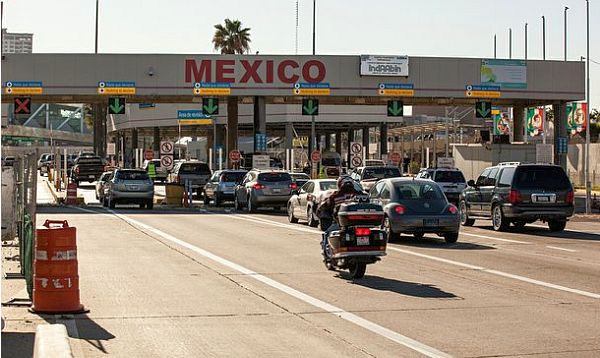Washington, D.C. - US Customs and Border Protection is considering using facial recognition software as well as other biometric technology on travelers leaving the United States by land.
In February, the agency put out a request for information on how biometrics might help accurately identify people leaving the United States. The agency expressed interest in facial recognition, iris scanning, and fingerprint reading.
"Biometrics are the ultimate in identity," CBP executive director Colleen Manaher said.
Biometrics are used already on some visitors coming into the US, including those going into federal immigration offices to conduct business. Manaher believes recent advancements in biometrics could soon spot people overstaying their visas as well.
"Right now, the biometric solutions of iris-on-the-move and face recognition are high contenders," she said. "But right now we're only in the research phase."
The agency has not begun the process of contracting with biometric companies. And it's still too early to say exactly how this technology would be used at border crossings like San Ysidro or Otay Mesa in San Diego.
Officials say biometrics would not be focused on US citizens and would adhere to strict privacy standards.
Original Story


